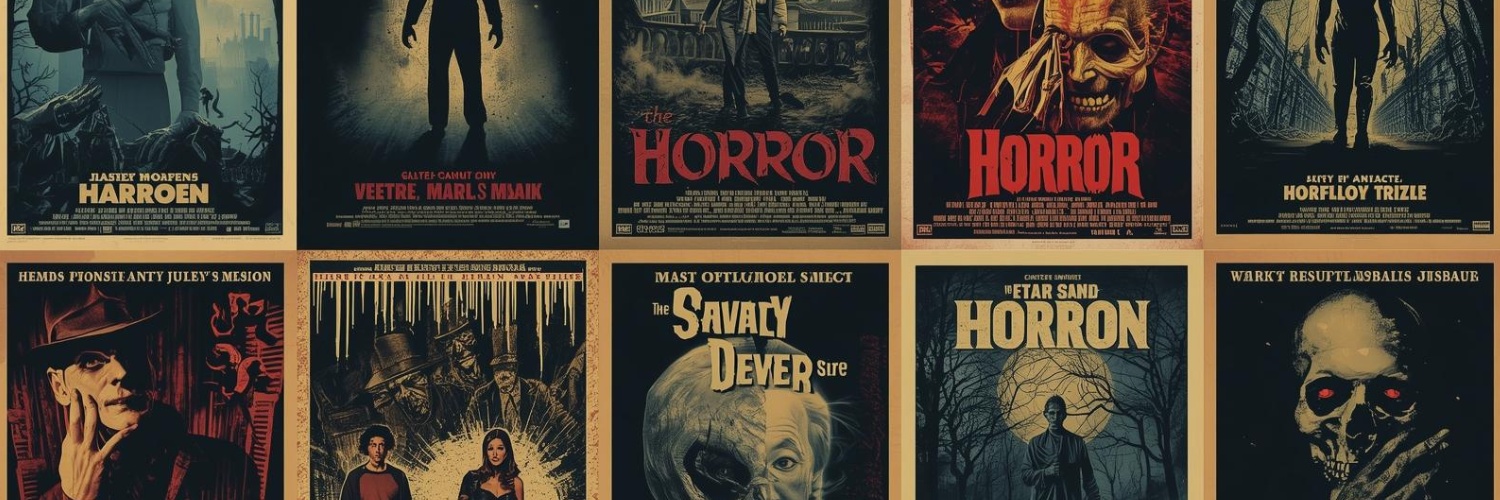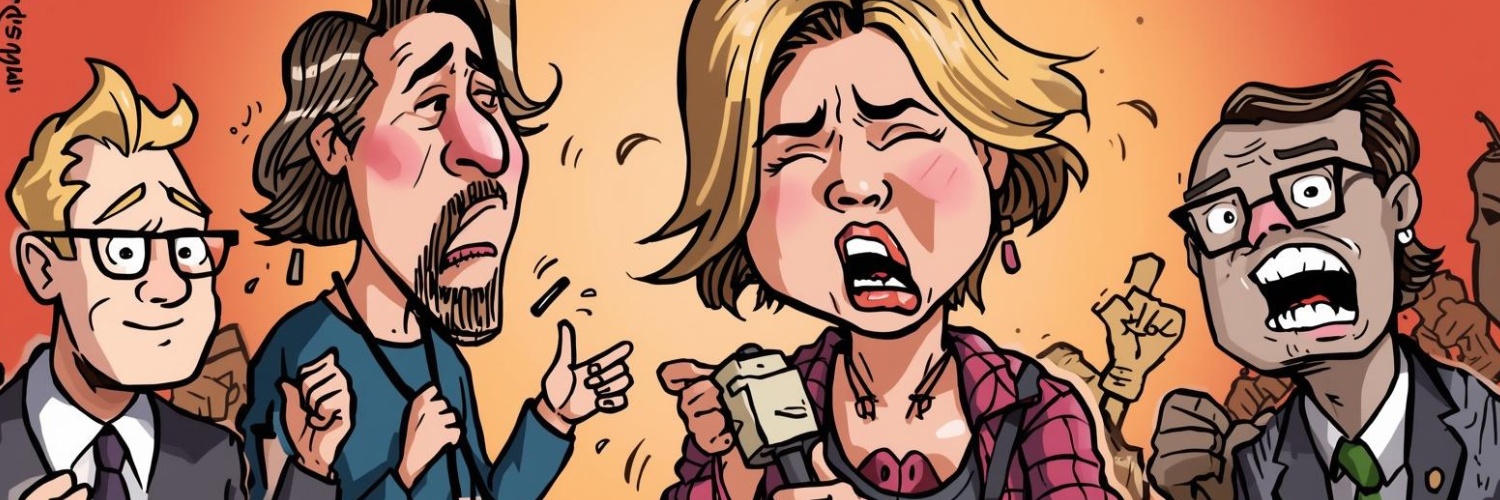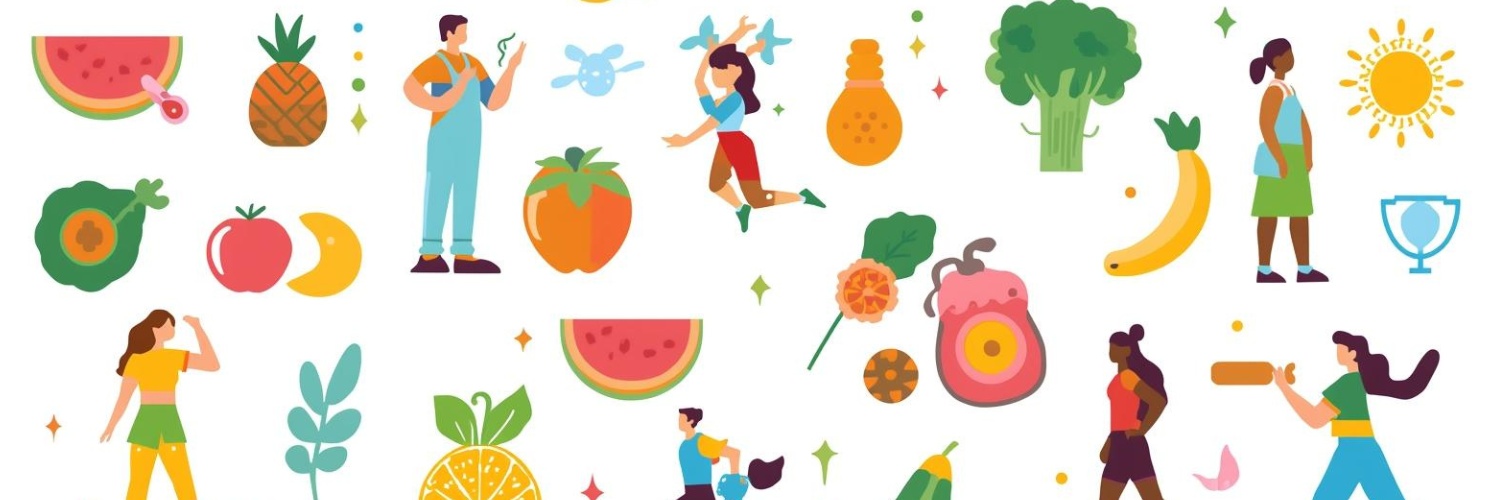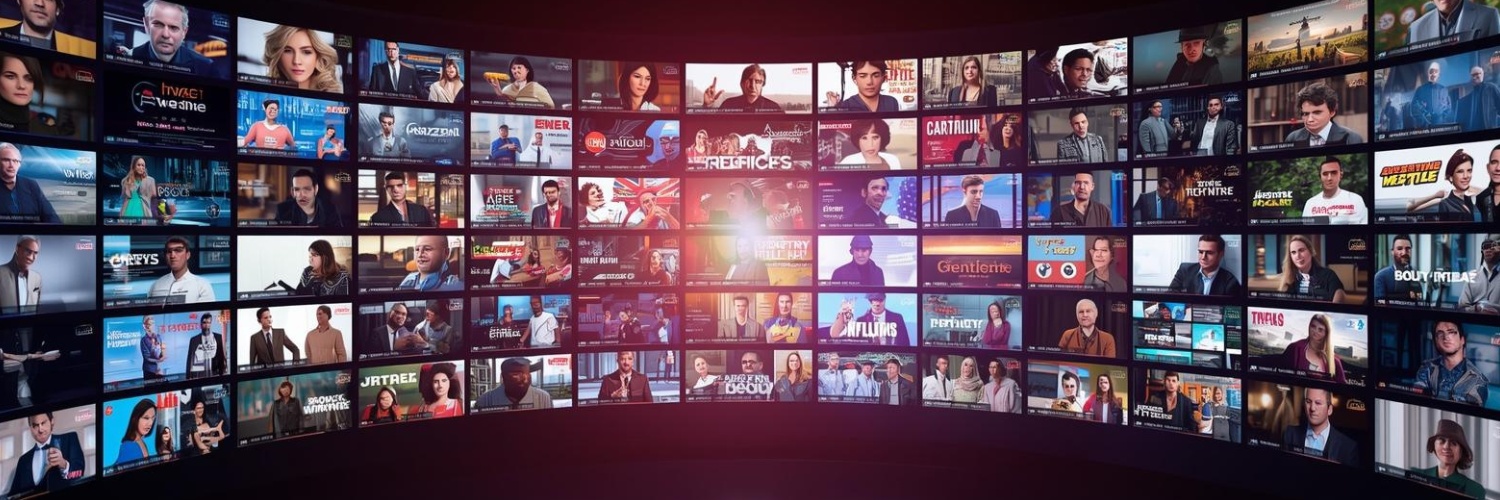Entertainment
Why We Love to Be Scared: The Psychology Behind Horror Entertainment

Fear is one of the most primal emotions, hardwired into our brains as a survival mechanism. Yet, paradoxically, millions of people willingly seek out horror movies, haunted houses, and chilling novels for entertainment.
Why would we choose to experience fear on purpose?
The answer lies in the fascinating psychology behind horror entertainment.
Fear is a Safe form of Thrill
When we watch a horror movie or play a terrifying video game, our brains register fear in the form of racing heartbeat, adrenaline rush, and heightened senses. However, unlike real-life dangers, we know deep down that we are safe. This combination of real emotion in a controlled environment creates an exhilarating experience. It’s a safe way to push our limits and test our courage.
Adrenaline Rush
Horror entertainment activates our body’s fight-or-flight response. Adrenaline surges, dopamine spikes, and endorphins flood the system, creating a natural high. Just like riding a rollercoaster, the thrill of horror offers an exciting escape from everyday monotony. For many, this rush can even be addictive, driving them to seek out even scarier content.
Exploring the Unknown
Humans are naturally curious, especially about things that seem forbidden or mysterious. Horror taps into this curiosity, allowing us to explore the darker sides of human nature, death, and the supernatural. By confronting the unknown in fiction, we gain a sense of mystery and understanding of fears that might otherwise feel uncontrollable.
A Social Bonding Experience
Horror is often enjoyed in groups, whether friends or a couple gathering for a scary movie night. Fear in these settings fosters bonding. Screaming together, laughing afterward, or clutching someone’s hand in the dark creates shared memories that strengthen relationships.
Emotional Release
Watching horror can also serve as emotional therapy. By facing simulated danger, we can process real-life anxieties in a safe way. The experience provides a cathartic release, leaving us strangely relaxed once the terror subsides, like when the brain sighs in relief after a workout.
Also Read: Why are True Crime Shows so Addictive
The Allure of Fear
At its core, horror entertainment provides us with more than just scares; it offers excitement, connection, exploration, and emotional release. We love being scared because it makes us feel alive, challenges our resilience, and lets us dance on the edge of danger without ever truly crossing it.
So next time you turn off the lights, grab some popcorn, and queue up for a horror movie, remember, you’re not just watching monsters on a screen. You’re tapping into the psychology of fear and indulging in one of humanity’s strangest yet most thrilling pleasures.
Tags:
Entertainment TechnologyStreaming PlatformsTheaterAuthor - Vishwa Prasad
Vishwa is a writer with a passion for crafting clear, engaging, and SEO-friendly content that connects with readers and drives results. He enjoys exploring business and tech-related insights through his writing.





